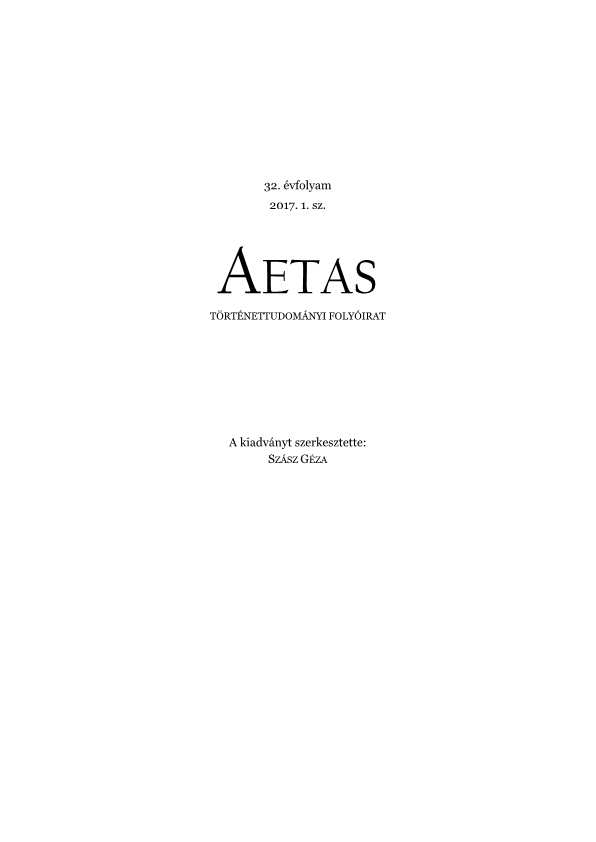Katonás nevelés és a militarizmus kérdése a dualizmus-kori Magyarországon
The Question of Military Education and Militarism in Hungary during the Dual Monarchy
Author(s): Balázs TanglSubject(s): 19th Century
Published by: AETAS Könyv- és Lapkiadó Egyesület
Summary/Abstract: In the Europe of the 19th century, and especially the second half of it, after the spread of the mass armies, one of the main goals of physical education both within and outside schools was preparation for military service, and this function (regardless of the debates of public legal nature surrounding the army) was essentially not questioned in Hungary either. Rather, the debate was about how this should be done in practice and what role should the army play in it. As a result, the paper examines the question of preliminary military training in the Dual Monarchy from the viewpoint of school and out-of-school education, discussing also the professional and social debates related to the issue. The Dual Monarchy witnessed significant changes in the military education and preliminary military training of the young. In the period following the compromise, teachers and physical instructors as well as the sport profession considered the physical instruction of the time adequate, and these groups successfully prevented the government and the army from introducing preliminary military training. On the other hand, after the turn of the century, both the schools and a majority of sport professionals became proponents of preparing the youth for military service, primarily through the youth military rifle shooting movement, which had been started by Miklós Szemere and later organized and spread by the support and active participation of the ministry of defence. As a result, the army had the opportunity to take part in the reform of physical education that started during those years, and the army’s demand for preliminary military training gained significant support. Even though educating the youth in a military spirit and providing preliminary military training for them were topics still subject to heated debates, and the profession was also divided over the issue, they can call attention to the quasi-militarization of Hungarian society at the turn of the century.
Journal: AETAS - Történettudományi folyóirat
- Issue Year: 2017
- Issue No: 1
- Page Range: 45-67
- Page Count: 23
- Language: Hungarian

